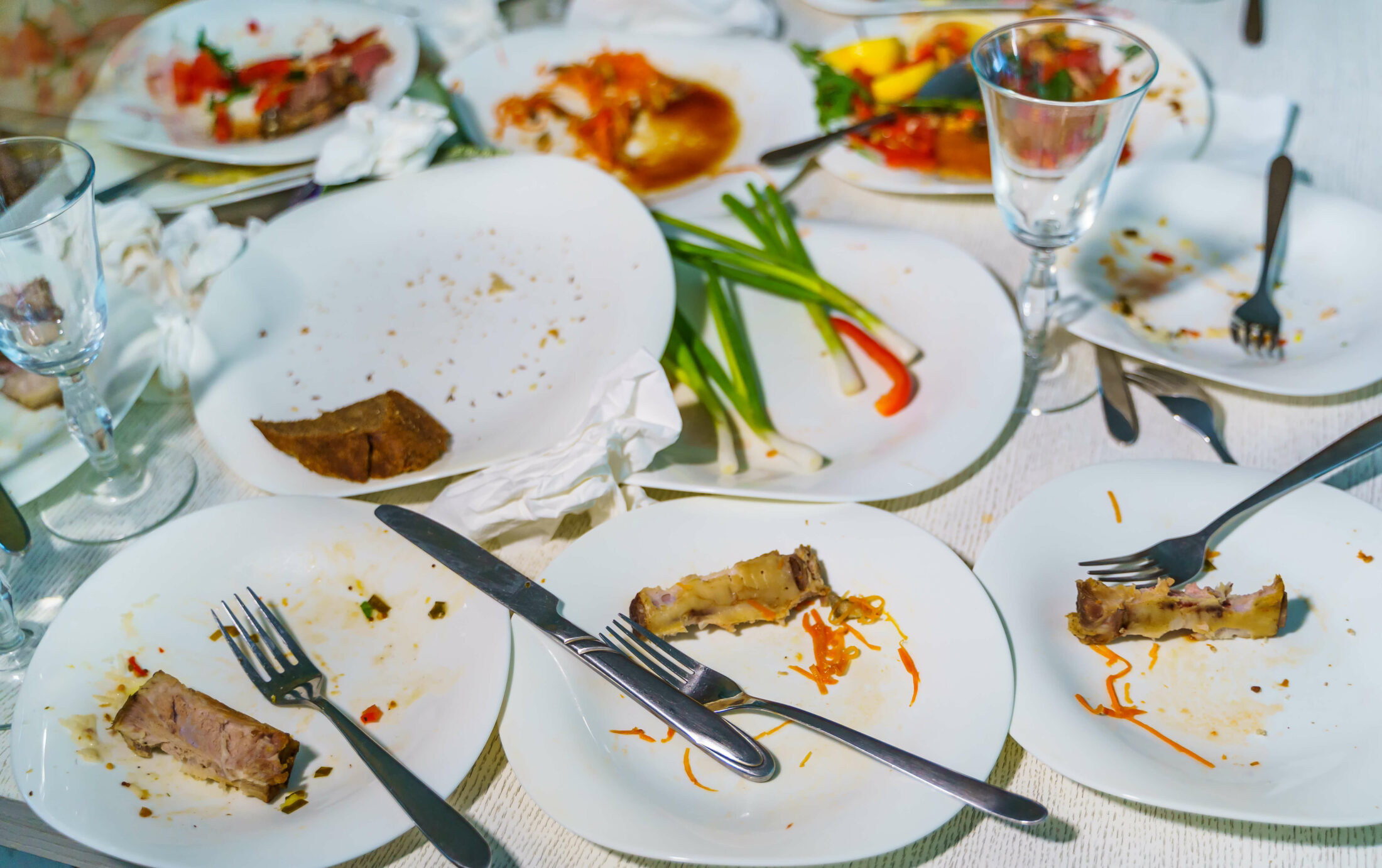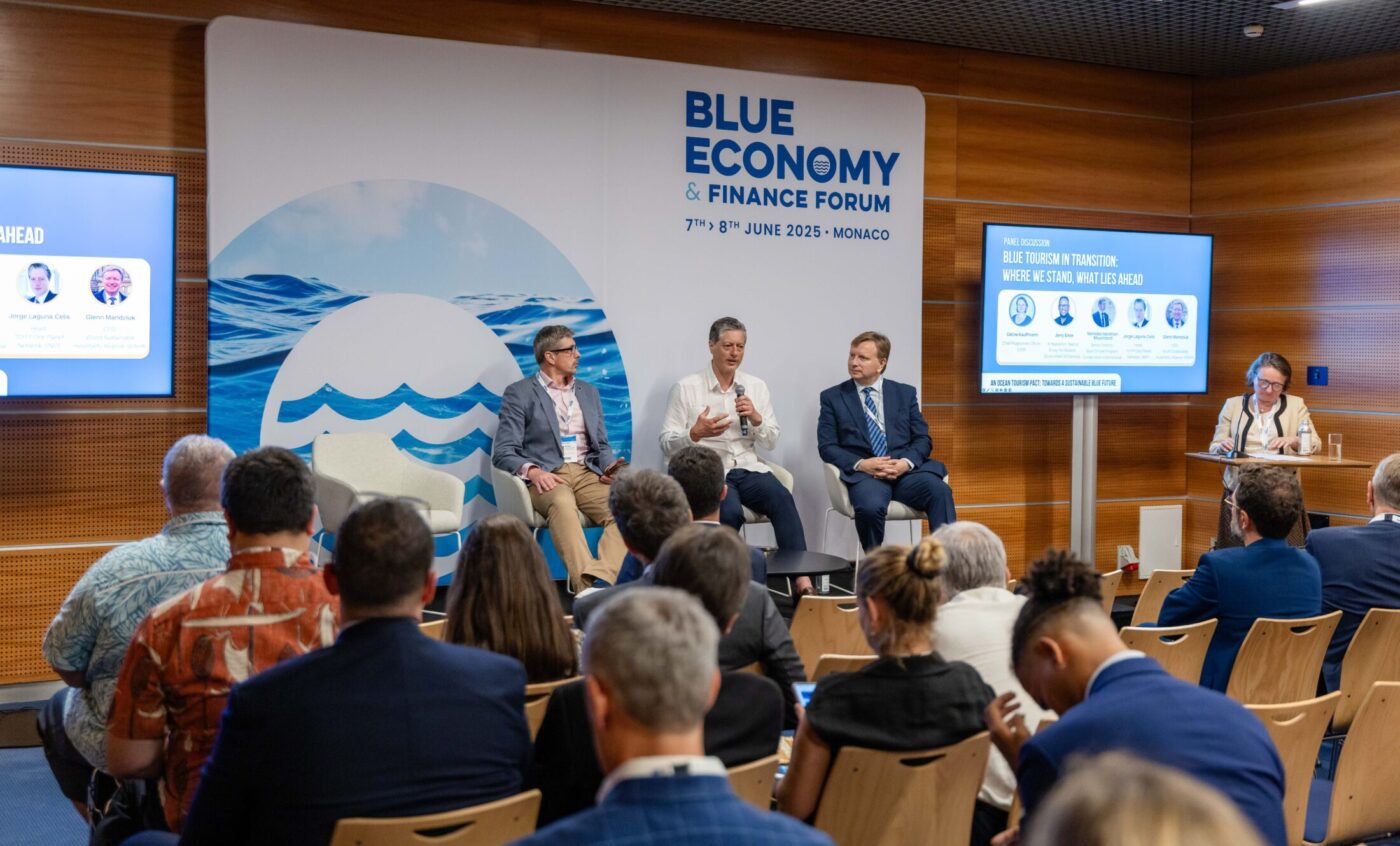Guest blog by Eleanor Morris, Senior Sector Specialist for Hospitality and Food Service at WRAP.
Why is Earth Overshoot Day relevant to the hospitality sector?
Earth Overshoot Day marks the critical turning point when humanity starts to use up more natural resources than the Earth can regenerate within that year. That has gone from December to July in just half a century and is going in the wrong direction.1
A major cause of this the way we produce and consume food.
FACT: Our global food system is responsible for a third of all GHG emissions and 60% of biodiversity loss.2
We recognise that the sector is still facing massive challenges in the wake of the pandemic and with the cost-of-living squeeze. But this could also be an ideal moment for businesses to hardwire resilience and sustainability into the way they function, so they can respond to the present and be prepared for the future, as well as playing their part in conserving the planet’s precious resources and tackling climate change.
How can hotels conserve these resources?
FACT: In the UK alone around 18% of the food purchased by the Hospitality and Food Service Sector is being thrown away.3
Reducing wasted food is one of the simplest and most effective ways for the sector to save money, boost profits and help in the fight against climate change. Sites can set a target and track their wasted food. This can be as simple as getting staff to keep an eye on what is being thrown away on a regular basis from plates or in the kitchens. Wetherspoons, for example, saved more than 6 million tomatoes by observing that their set breakfasts regularly came back with them uneaten.
The great thing is that there are many ways to realise quick results; these include:
- Choice of portion size and sides
- Designing menus with fewer ingredients
- Allowing customers to order what goes on their plate
- Discounting surplus food or sharing with redistribution charities all help to feed people, rather than bins.
Many of the businesses WRAP engage through our Guardians of Grub campaign reveal quick and impressive savings. The work will often align with their sustainability mission, which is embraced by their increasingly climate-aware staff. This is the same for customers also, who we know are choosing to engage with those who share their concerns for the environment. I think we are seeing the advent of a new kind of relationship between businesses walking the walk and showing consumers how they are acting on environmental issues.

If it is so easy, why don’t more do it?
FACT: If the food we waste globally were a country, it would be the third highest greenhouse gas emitter behind China and the US.4
We’ve found there is a bit of a business blind spot. As the saying goes, if you can’t measure it, you can’t manage it, so until it becomes visible, it may well go under the radar. Often plate waste, for example, is overlooked as unavoidable, but tackling it can have significant economic and environmental benefits.
There is so much creativity and innovation within the sector, and teams already have the answers to reducing wasted food; unlocking this through upskilling and empowering staff is a great starting place. Seeing the tangible results of their actions can help to unite, motivate and retain team members.
One of our case studies, for example – the IHG’s Kimpton Clocktower hotel in Manchester – shows how the team managed to reduce the nearly 40% of breakfast buffet food that was wasted daily by around 11% per cover during just a few weeks’ trial period.
Food is such a precious resource, and all the effort that goes into creating it means that we should be placing a different kind of value on it; we need to cherish it. The hospitality and food sector brings communities together. It is one of the most creative and adaptable industries in the world, and we believe it can play an important leadership role in helping us all fight climate change.
Next Steps
For UK resources on how to reduce food waste and how to join the Autumn courses, visit WRAP’s Guardians of Grub or email guardiansofgrub@wrap.org.uk.
To discover more top tips for reducing food waste, take a look at the Sustainable Hospitality Alliance’s World Environment Day blog and Food Waste factsheet.



